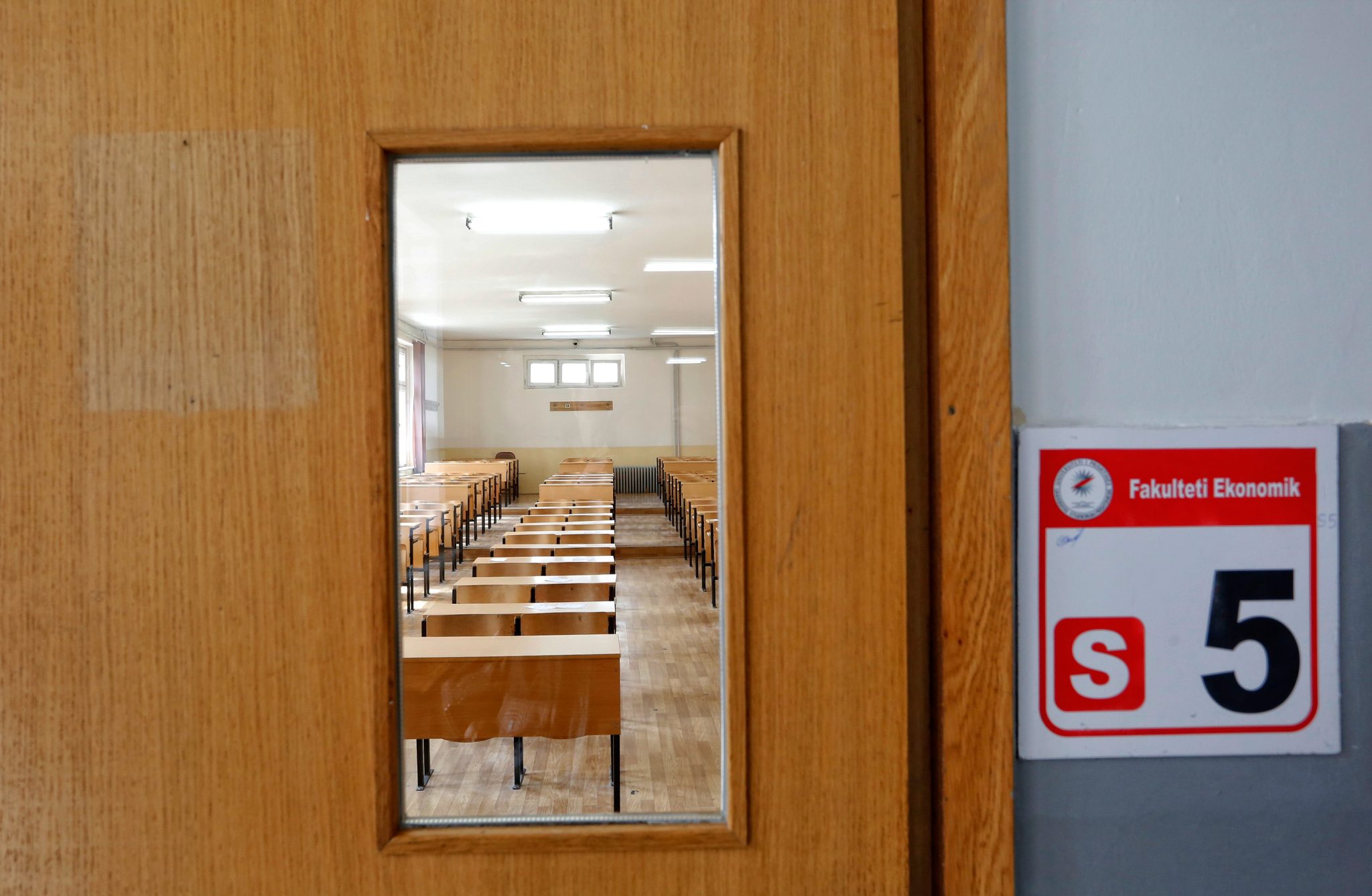Sex in exchange for grades at uni in Kosovo
“I’ve sat the same exam three times already, but still haven’t passed. My teacher has told me he’ll let me pass only if I have sex with him. He’s made it very clear nothing will change unless I give in,” says 20-year-old Merita from Kosovo.

Merita’s mother died in childbirth. To prevent other women from suffering the same fate, Merita wants to become a gynaecologist. But education is expensive. Her father cannot cover the full tuition cost by himself, so Merita’s grandmother helps out by knitting and selling wollen socks.
Sex in exchange for grades
But high tuition fees are not the biggest obstacle facing Merita. Some in her environment actively prevent her from achieving her dream of becoming a gynaecologist by not giving her the grades she deserves. One of her teachers at university refuses to let her pass his exam as long as she does not have sex with him. Merita has reported the case to the police, but the investigation has been dropped for lack of evidence.
”I’ve requested to be graded by a panel of teachers next time, rather than just by this one teacher. I really hope my request will be approved, so I can move on in my studies,” she says.
App to chart sexual harassment
The type of sexual harassment Merita is subjected to is common in schools in Kosovo. Often, victims decide to quit their studies. This is revealed in a report published by Kvinna till Kvinna’s partner organisation Kosovo Women’s Network. The report shows victims exist in all age brackets, but those between the ages of 16 and 28 constitute the most vulnerable group. The vast majority of victims are women, but other genders are affected as well.
Kosovo Women’s Network’s goal is not just to raise awareness of the problem, but also to find ways of ending the harassment. Together with two other women’s organisations in the country, they have developed an app called “Ec Shlire,” or “Go in peace.” The app allows users to report sexual harassment they have experienced. So far, several hundred cases have been filed.
Police trained to use the app
The stories collected in the app show that harassment most commonly occurs out in the streets, but victims also report experiencing harassment in school, at their work place, on public transport and in the gym. And those are just a few examples. So far, the reports filed through the app are mostly used to compile a statistic overview. But the goal is for the police, municipal authorities, interested stakeholders and activists to eventually be able to use the app’s data to counteract sexual harassment in a concrete way.
“Already, we are working to train the police here in Kosovo to use the app. In the end, we’d like them to take over the app so the reports can go beyond just updating statistics. That’s when the app will result in real, direct change,” says Zana Idrizi, the initiative’s project leader.
